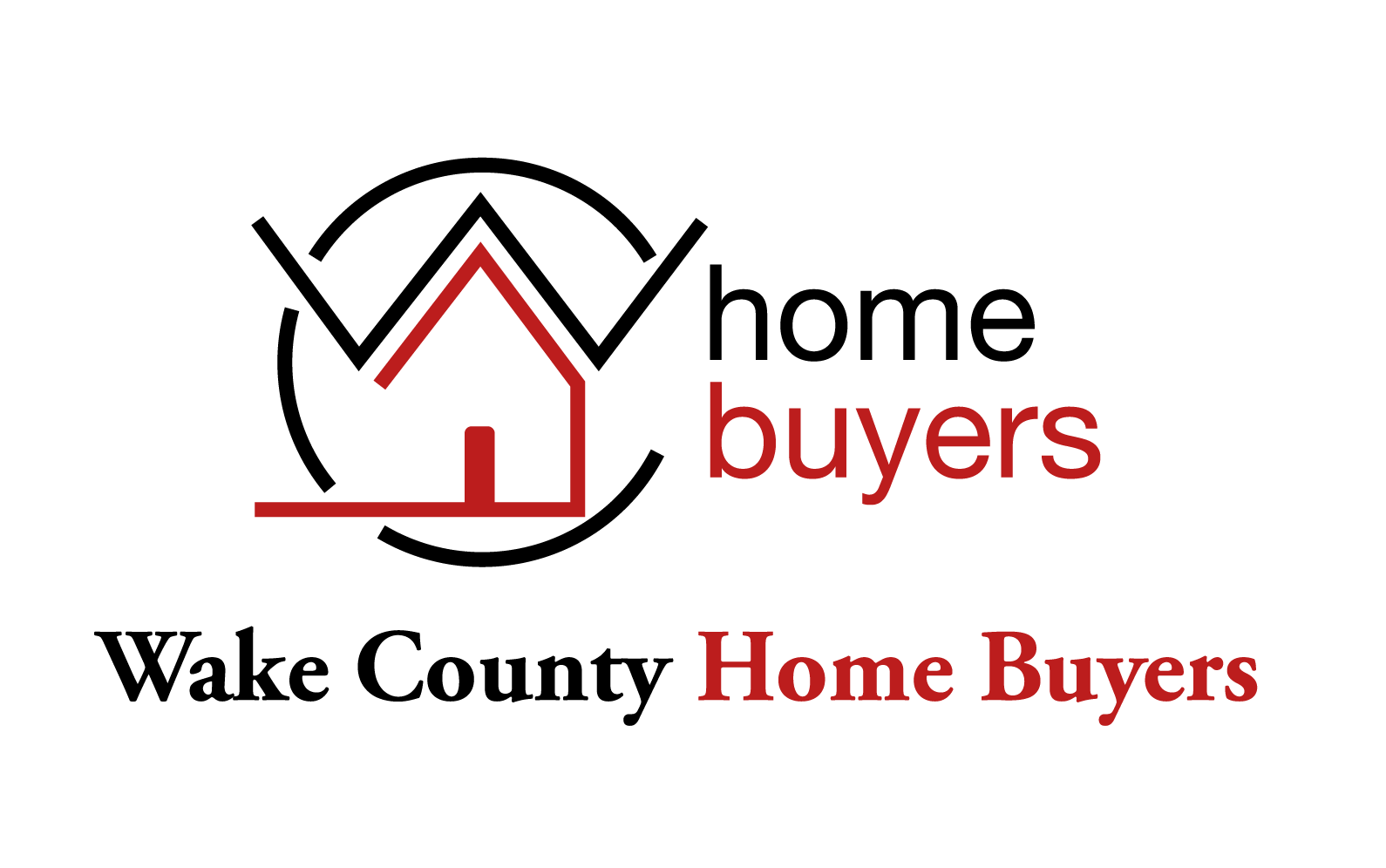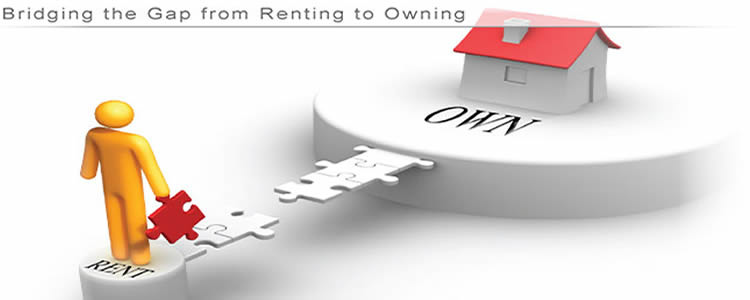Rent-to-own may seem complicated but it is actually a very simple concept. Its popularity had waned during the early and mid-2000’s due to the easy access of mortgage funds. It is currently on an uptrend due to stringent credit requirements that make it difficult to obtain a mortgage.
So what is rent-to-own?
What does rent-to-own mean anyway? Have you ever leased a car? It’s pretty much the same thing. You pick out a car that you like, one that has all the features and amenities that you’re looking for, and you agree to lease it for a given period of time. You make monthly payments and agree to maintain the car throughout your lease period. At the end of the lease term you may, depending on the agreement, have the option to buy the car at a certain price.

The distinction is that you do not own the car, you’re leasing it. With real estate it’s sometimes referred to as a “lease option” or “lease purchase”, and it works the same way as the above example with some differences.
It is important to note that a car is considered to be “personal property” while a house is considered “real property”–The meaning of which will be the subject of a future post.
You agree to lease a property for a given rent amount each month while purchasing the exclusive right to buy the property, at a given price, over a specific period of time, so the home cannot be sold to someone else during that period.
This gives you a special interest in the property over and above that of a tenant under a traditional lease. With a traditional lease agreement, the home can be bought and sold subject to the terms of the current lease. It’s an important distinction that option money is not a deposit and is not refundable if you do not buy the house. The option money SHOULD be credited to the purchase of the house when and if you buy it!
 Why Do Rent To Own?
Why Do Rent To Own?
Now, why would a seller agree to sell their home on rent-to-own terms instead of selling it outright? Sometimes the homeowner is unable to find a buyer. There are dozens of reasons of why this may occur: market conditions, location, property condition, pricing, lack of modern amenities, etc. Older homes may have outdated floor plans, smaller closets, or outdated kitchens. Also, the effect of not being able to sell a home can result in a DREADED DOUBLE mortgage.
Some home owners may have bought another house or even have rented another house in another state. This can result in huge holding costs of having an empty property. You have the mortgage payment, which usually includes the principle and interest payment on the loan, as well as escrow payment for taxes and insurance.
Some loans also come with additional PMI or “Private Mortgage Insurance” payments over and above the loan payment. HOA dues will need to be paid if the home is in a subdivision. Utilities such as electricity, gas, water, and sewer, need to be paid even if the property is vacant. The yard will have to be maintained which will result in landscaping fees. These costs add up very quickly. If a sufficient amount of money is not put in reserve to maintain the property, sellers frequently become in danger of default.
This becomes a vicious circle: money gets tight so the lawn becomes over grown which results in fines from the HOA, the city, or both. The home goes into disrepair and becomes unsightly losing any curb appeal. Potential buyers are turned off by the homes appearance and will not make an offer on it. The city of Raleigh N.C. enforces this very aggressively and can fine home owner as much as $500 for an overgrown lawn.
What’s in it for the buyer?

The buyer gets an exclusive right to purchase a property for a set period of time and effectively locks out other buyers. The buyer can negotiate a set rent amount for the lease-option period. Areas such as Raleigh, North Carolina have experienced rapid growth in rental rates for residential homes and apartments. Getting a house on rent-to-own terms will clear away the possibility of a large rent raise in the future. The buyer still maintains walk away power.
If for whatever reason the buyer decides they do not want to stay in the home they can simply choose not to exercise their option at the end of the lease-option period. They would not be obligated, in the way a traditional homeowner would, to make mortgage payments for the next 30 years.
Keep in mind that an option fee is non-refundable unless otherwise specified. The buyer would forego their option money but they wouldn’t be obligated to make two house payments either. The buyer can customize the house with paint, landscaping, and other customization that would make sense if they were leasing the house year to year with the uncertainty of rent raises. Also, when a tenant occupies a property the landlord is not obligated to renew the tenants lease. This would be very upsetting to someone that had become very settled in a home for a number of years.
Is rent to own really that simple!?
 If so, why shouldn’t I just do it myself? A lease option is very simple in concept, but is far more difficult in execution. The transaction has to be completed swiftly in order for its benefits to be realized. The property must be marketed properly in order to find a tenant-buyer in 30 days or less. The applicants must be screened thoroughly, and properly, while maintaining adherence to rigorous state and federal fair housing laws. Proper written agreements must be assembled, which can include multiple addendum’s and disclosures depending on when the property was built and other particulars related to the property and the situation.
If so, why shouldn’t I just do it myself? A lease option is very simple in concept, but is far more difficult in execution. The transaction has to be completed swiftly in order for its benefits to be realized. The property must be marketed properly in order to find a tenant-buyer in 30 days or less. The applicants must be screened thoroughly, and properly, while maintaining adherence to rigorous state and federal fair housing laws. Proper written agreements must be assembled, which can include multiple addendum’s and disclosures depending on when the property was built and other particulars related to the property and the situation.
There are NO “standard forms” for this type of transaction. The agreements must be prepared to meet the needs of the particular situation. The prospective tenant buyers have to be properly educated on what is expected of them before you give possession of your property to them with the option to buy.
Do you have a house that you want to sell fast? Fill out the form below and we will get in touch with you to explore your options!

